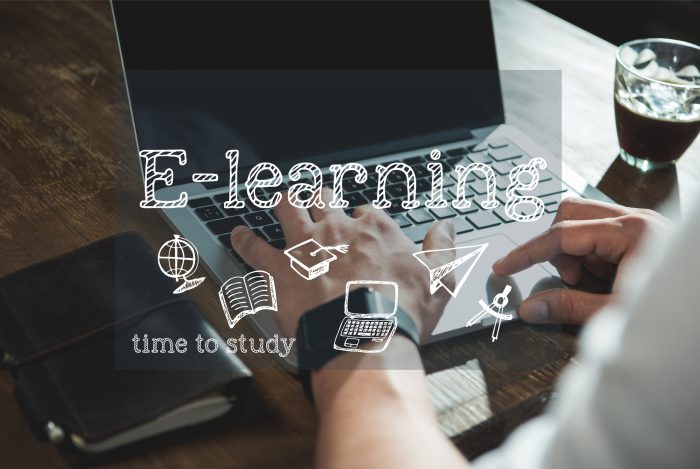The Future of Learning
5 Key Trends for the Next 10 Years

Winds of Change
The world is witnessing unprecedented digital transformation brought on by the COVID-19 outbreak. Digital innovations and adoptions triggered by the pandemic have forever changed the way we communicate, the way we work, and the way we learn. Individuals and organizations are now embracing this new reality and striving to capitalize on the myriad opportunities that lie ahead of this digital inflection-point.
Today, the learning and development landscape is buzzing with platforms and resources geared to delighting learners with hot-off-the-fire custom learning modes and options. Everything from distance learning, continuous learning, skill training, upskilling, reskilling, certificate courses and more is now only a hop, skip and a click away.
As we foray into the future and surf the digital wave, let’s deep-dive into five trends that will influence learning and development in the coming decade.
1. The Rise and Rise of Life-long Learning
Formal learning goes beyond college education. In the future, the number of individuals adopting lifelong learning for personal and professional reasons will be on the rise. Learners will continue to become more self-sustainable, competitive, and employable as they garner a range of skills autonomously or at the behest of their employers. Companies, too, will deploy cutting-edge technology and innovative curricula to revolutionize on-the-job training to ensure their employees are competitive and adaptable to the growing complexity of the jobs of the future.
2. Technology-driven Soft Skills Training Bridges Gaps
Gradually, the bias toward technical and knowledge-based hard skills will give way to a focus on soft skills such as leadership, empathy, and teamwork. Holistic skill development will include an equal emphasis on hard and soft skills. Learners will have access to more effective ways of acquiring these soft skills. This includes path-breaking VR technologies that offer immersive learning experiences and experiential simulations to boost engagement and outcomes.
3. On-demand Learning Platforms for Anywhere, Anytime Learning
Learning platforms will deliver on-demand or just-in-time learning exactly where learners are and at the moment best suited to them. This flexible, convenient, and personalized format will also allow learners to pace their learning according to their preferences for better retention. Virtual reality, augmented reality, and telepresence will provide learners with a more engaging on-demand experience. We can also expect to see a progressive integration of XR experiences at workplaces and educational institutions.
4. Choosing Companies based on Continuing Education Opportunities
While lifelong learning takes root, employees will begin to expect their employers to support their ongoing education. They will display an increased desire to upskill and reskill continuously. They will also look for opportunities to enhance their university education with supplementary on-the-job training. Employees will favor companies that invest in training and provide long-term learning options that bolster their career trajectory.
5. Universities Expand Their Horizons to Reach New Learners
The previous decade saw the rise of MOOCs. In the 2020s, we will see a shift in the university system, which will attempt to draw the massive audience of online learners into its ambit, while still offering them a rigorous curriculum. We will see universities increasingly use technology to reach a wider audience. Rather than offering just long-term courses, universities will offer the workforce more short and medium-term courses based on specific core skill sets, delivered to them in XR or VR learning environments.
Soaring to New Heights
Learning platforms have many irons in the fire for the coming decade. The implementation of advanced AI-powered technology, machine learning, data analytics, VR, AR, and XR, will continue to enhance learning outcomes for learners across the board. The burgeoning trend of flexible and virtual learning will make learning solutions accessible to learners in remote locations and at their own convenience.
With the ever-increasing complexity of work and the proliferation of specializations, highly specialized skills will be sought after. However, the massive skill-gap that persists will continue to threaten the economy, unless employers and educational institutions explore new and innovative ways to address this mismatch.
The COVID-19 pandemic has rapidly catalyzed the global ascension into the digital-first era. The decade to come will be an exciting time for learners, who will have access to a plethora of flexible learning opportunities made available to them at the click of a button. EdSanta, a unified learning and skilling platform, is leading the way in this direction by providing learners with comprehensive and intuitive tools to match their learning requirements.

